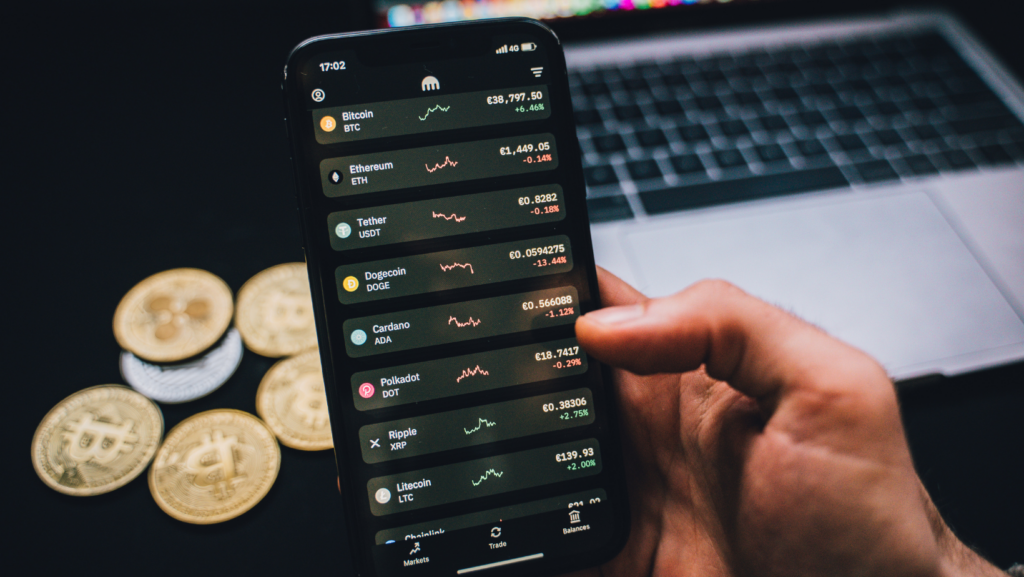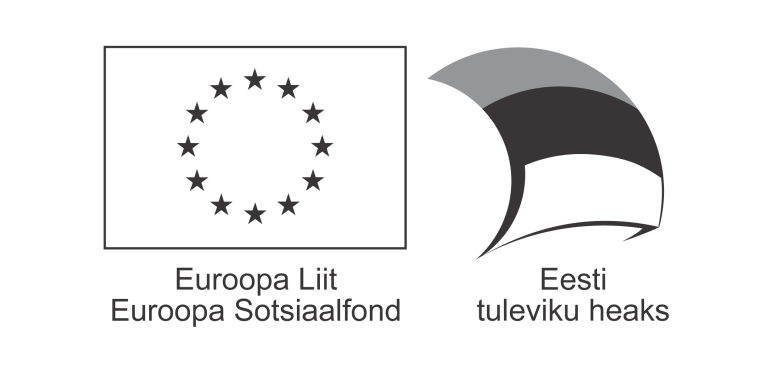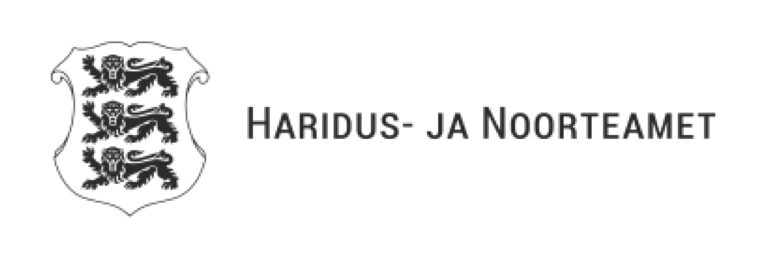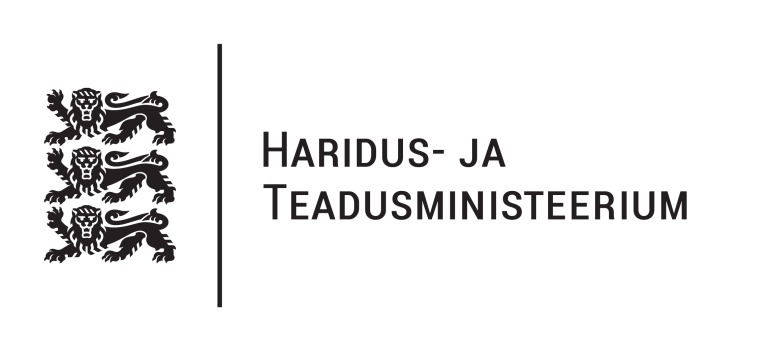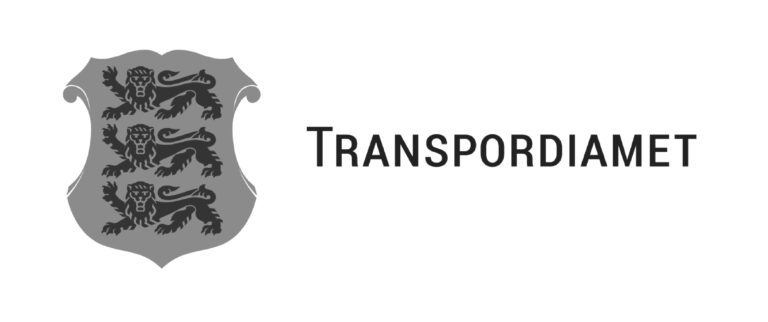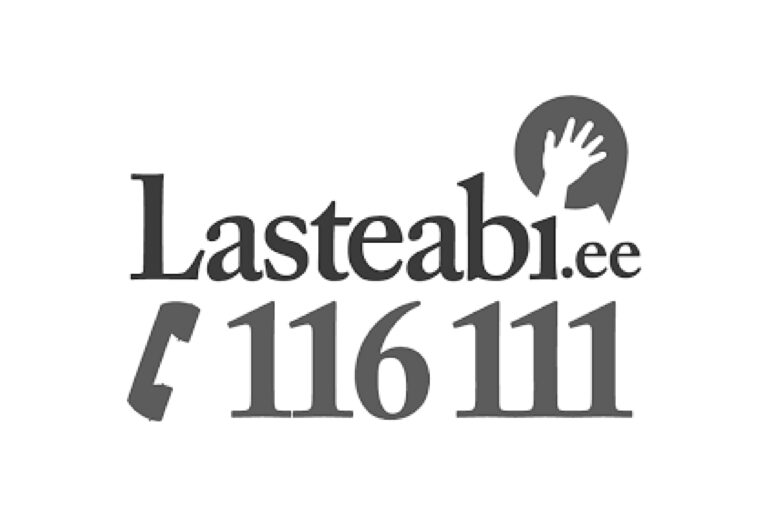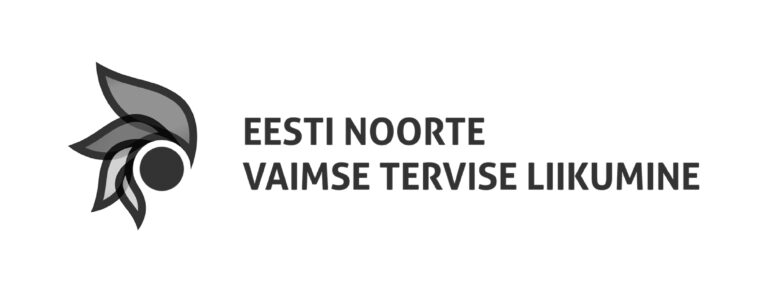Did you know that private persons have to declare and pay income tax on the income earned from the sale of cryptocurrency or an NFT (a non-fungible token)?
Cryptocurrency trading, where income is generated through changes in the price of the cryptocurrency, is a common way of making money. Under the Income Tax Act, cryptocurrency is an asset, which means that a cryptocurrency transaction from which a private person makes a profit, must be declared in the income tax return. Profit is calculated as the difference between the purchase and sale price or, in the case of an exchange, the difference between the price of the asset received and the purchase price of the exchanged cryptocurrency. The profit is taxed with an income tax at a rate of 20%.
For example: Mary bought one Bitcoin for €35,000 and sold it for €37,000. Mary made a profit of €2,000 (37,000 – 35,000), on which income tax is €400 (2,000 × 20%).
It is important to keep in mind that profitable transactions where a cryptocurrency is exchanged for another cryptocurrency, i.e. profit is made without regular currency being deposited into a bank account, must also be declared.
Since cryptocurrency is not a security under the Income Tax Act, losses from transactions are not considered and declared. Also, an investment account cannot be used to defer the income tax liability.
Income belonging to a minor must also be declared. The income tax return of a minor is submitted by their parent or guardian. The child’s basic exemption taken into account in the parent’s income tax return is reduced by the child’s annual income.
You are also liable to pay tax when you pay for goods and services in cryptocurrency and generate profit.
For example: Jacob has one Ether, which he bought for €500. Two years later, Jacob uses the Ether to buy a miner. Since the price of one Ether at the time of purchasing the miner was €3,400, the transaction made Jacob a profit of €2,900 (3,400 – 500).
Another activity related to cryptocurrency is cryptocurrency mining. Note that cryptocurrency mining is treated as a business in Estonia. Income received through business is business income. Business income is generated in cryptocurrency mining when the cryptocurrency received for mining is exchanged for regular currency or another cryptocurrency, as well as when the mined cryptocurrency is used to pay for goods and services. The received income must be declared on the business income tax return form E. If a private person is not registered as an entrepreneur, they cannot deduct mining expenses from the business income. In addition to income tax, business income is taxed with social tax. If you are permanently involved in mining, you have to register in the Business Register as a sole proprietor or operate through a company.
For example: Peter is not a registered entrepreneur and decides to mine cryptocurrency. To do this, he buys the necessary equipment and rents premises. Peter has mined for more than six months and has received 10 Bitcoin in that time. Peter decides to purchase a new graphics card for 0.1 Bitcoin. Since the graphics card costs 0.1 Bitcoin, ie €2,000, this is business income, which Peter must declare on line 1.1.1 of the income tax return form E. Since Peter is not a sole proprietor and does not operate through a company, he cannot deduct mining expenses (computer equipment, rent, etc) from the taxable amount.
It is also possible to earn passive income by staking, for which the lender receives staking rewards. The income received is interest income, which a private person also has to declare in the income tax return and pay income tax on.
For example: Anna stakes 15 Solanas and earns one Solana as a result of staking. At the time of receiving the staking reward, one Solana costs €28. This means that Anna must declare the received €28 on line 5.6 of the income tax return as interest income. The interest received is taxed with income tax.
While 2018 stood out with ICO (initial coin offering), 2021 and 2022 are all about NFTs. NFTs express uniqueness: often ownership of digital art, a virtual piece of land, horse, video or music. When purchasing an NFT, you should make sure what you are buying, what rights are included, etc. Tax issues related to NFTs require a case-by-case approach.
If an NFT creator sells their art as an NFT, the income they receive is a royalty, which must be declared on the income tax return as a licence fee. The fee received from every following transaction with the NFT must also be declared by the creator as a licence fee. If a natural person buys and sells NFTs to earn income from their price increases, the profit must be declared and taxed.
NFTs and cryptocurrency are also associated with several games that operate on the play-to-earn principle. Above all, you should be careful and monitor the generation of income in games where the received NFTs or cryptocurrency can be used outside of the game, including exchanging them for regular currency or another cryptocurrency.
In the case of high transaction volumes, accounting can be quite extensive and time-consuming for a private person. There are various software programs on the market that do the tax calculation for you. Many software programs allow you to select what the calculation should include. Therefore, you should always go over the settings so that the calculation process corresponds to Estonian tax laws. In order to prepare a tax calculation, it is important to keep transaction data. Transaction data can be retrieved from centralised platforms. You must also keep public keys and transaction documents. Keeping documents is important because the acquisition cost must be documented in order to calculate it. Also, you may be required to submit them to the Estonian Tax and Customs Board.
As with anything, dealing with cryptocurrency requires thinking through your activities and the obligations and opportunities they entail, as well as choosing the most suitable way and form of activity.
A longer guide on the taxation of cryptocurrency is available on the website of the Estonian Tax and Customs Board. If you have any questions, contact us by email at eraklient@emta.ee.
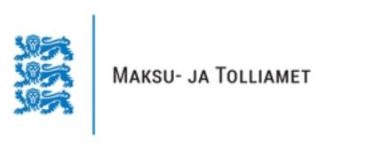
Written by the Estonian Tax and Customs Board.
